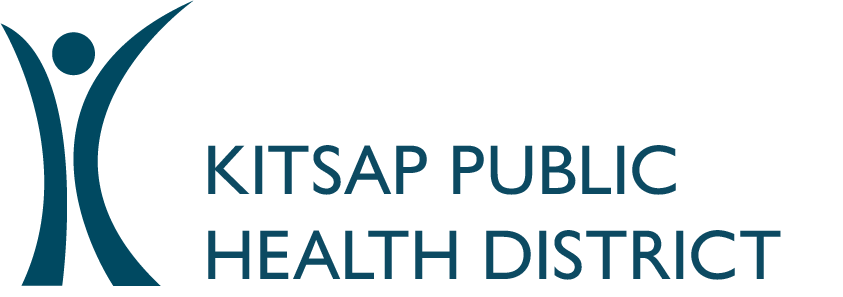Kitsap County poultry flock tests positive for avian influenza (bird flu)
- tadsooter
- Oct 23, 2024
- 2 min read
Avoid contact with sick birds and report sick or dead birds.
KITSAP COUNTY, WA — A backyard poultry flock in South Kitsap has tested positive for avian influenza (bird flu).
Testing was completed after the owner of the flock reported sick and dying birds to the Washington State Department of Agriculture (WSDA). Samples from the birds were confirmed positive for H5N1 avian influenza at the National Veterinary Services Laboratory on Oct. 18.
The Kitsap Public Health District has contacted people exposed to the infected birds to provide health education and symptom monitoring information. No human illnesses related to the South Kitap flock have been reported to the Health District. The Health District's investigation found minimal risk to the public from this incident.
Kitsap Public Health District Health Officer Dr. Gib Morrow said the positive tests in the Kitsap County flock are a reminder for local bird owners to be vigilant.
"If you have a backyard flock of chickens, ducks, or other poultry, pay attention to their health," Dr. Morrow said. "Avoid handling sick birds and report sick or dead birds so that testing can be done if needed."
Washington state update
WSDA reported on Oct. 16 that a large commercial poultry flock in Franklin County was infected with avian flu. On Oct. 20, the Washington State Department of Health announced that four workers at the Franklin County facility had presumptively tested positive for avian flu (meaning that test results had not yet been confirmed by CDC). These were the first presumptive positive human cases of H5 avian flu under investigation in Washington. The workers had mild illness.
Preventing avian flu
Avian flu is a disease caused by an influenza virus. The virus is spread by wild birds and can infect domestic poultry flocks and other animals. Human cases of avian flu are rare. Most people who have been infected with avian flu in the United States have had ongoing, close contact with infected animals or their surroundings.
While the risk to the general public is considered low, people should avoid unprotected contact with sick or dead birds and other animals. If avian influenza is suspected in your flock, wear appropriate personal protective equipment (PPE) and take steps to protect your health while caring for birds, entering the coop, or having contact with any surfaces, water, or feed that could be contaminated with their saliva, feces or other bodily fluids.
People who own poultry should prevent their flock from interacting with wild birds. Learn more about protecting poultry from avian flu.
REPORTING SICK OR DEAD BIRDS AND OTHER ANIMALS
MEDIA CONTACT
Tad Sooter
Public Information Officer
360-728-2330





.png)
